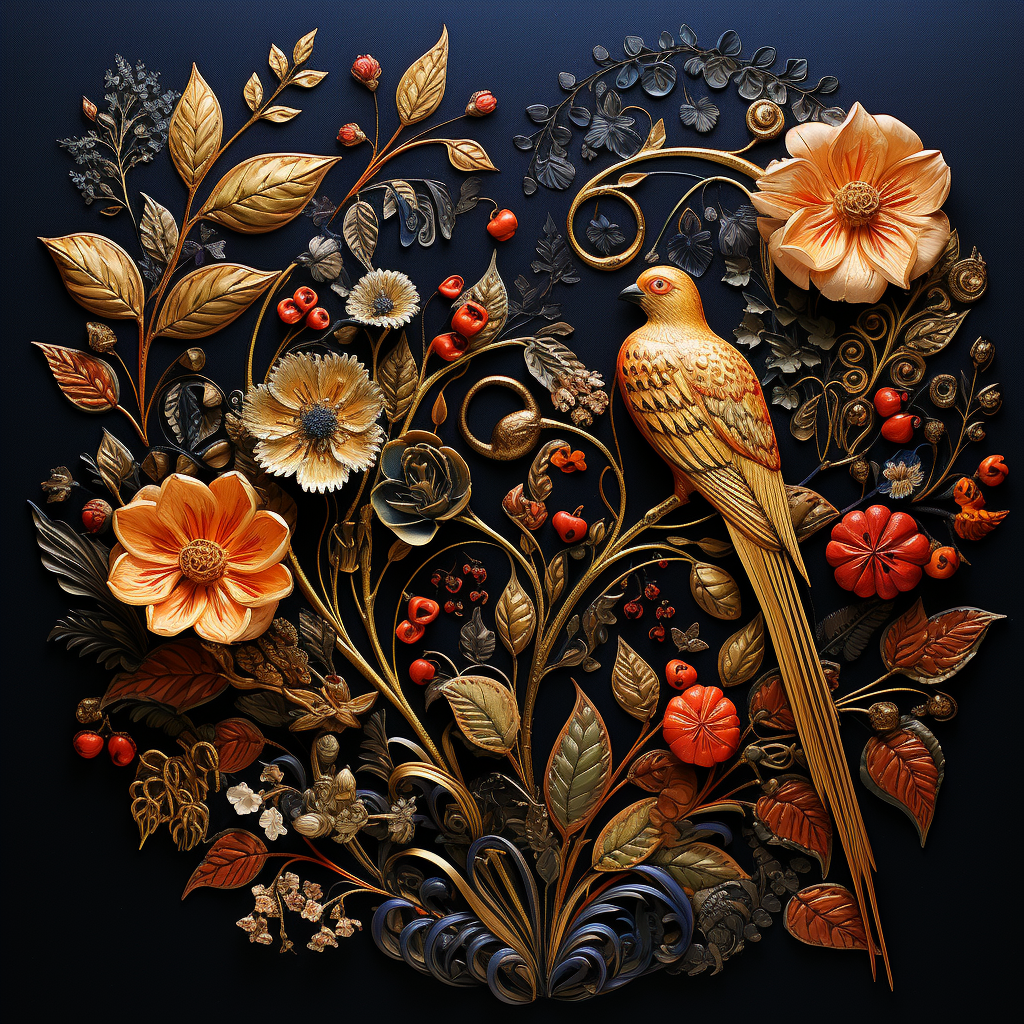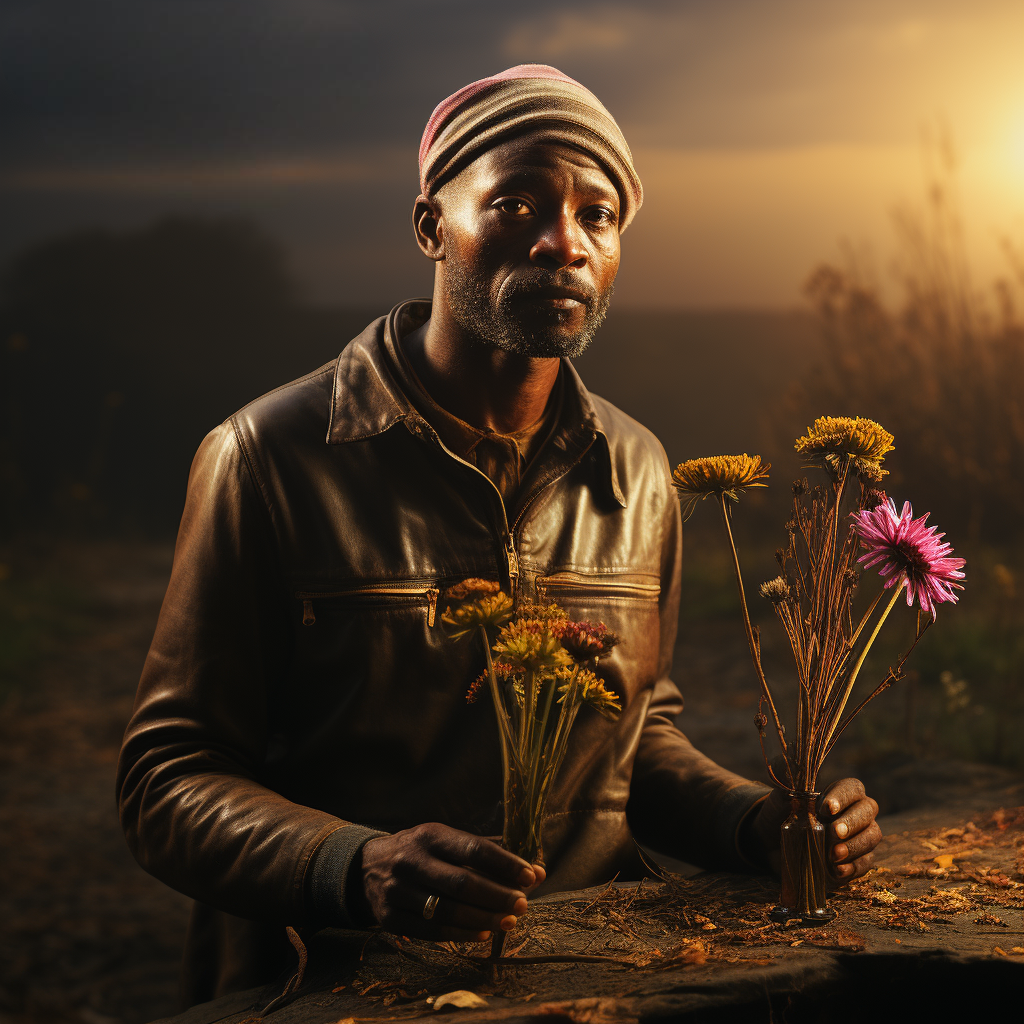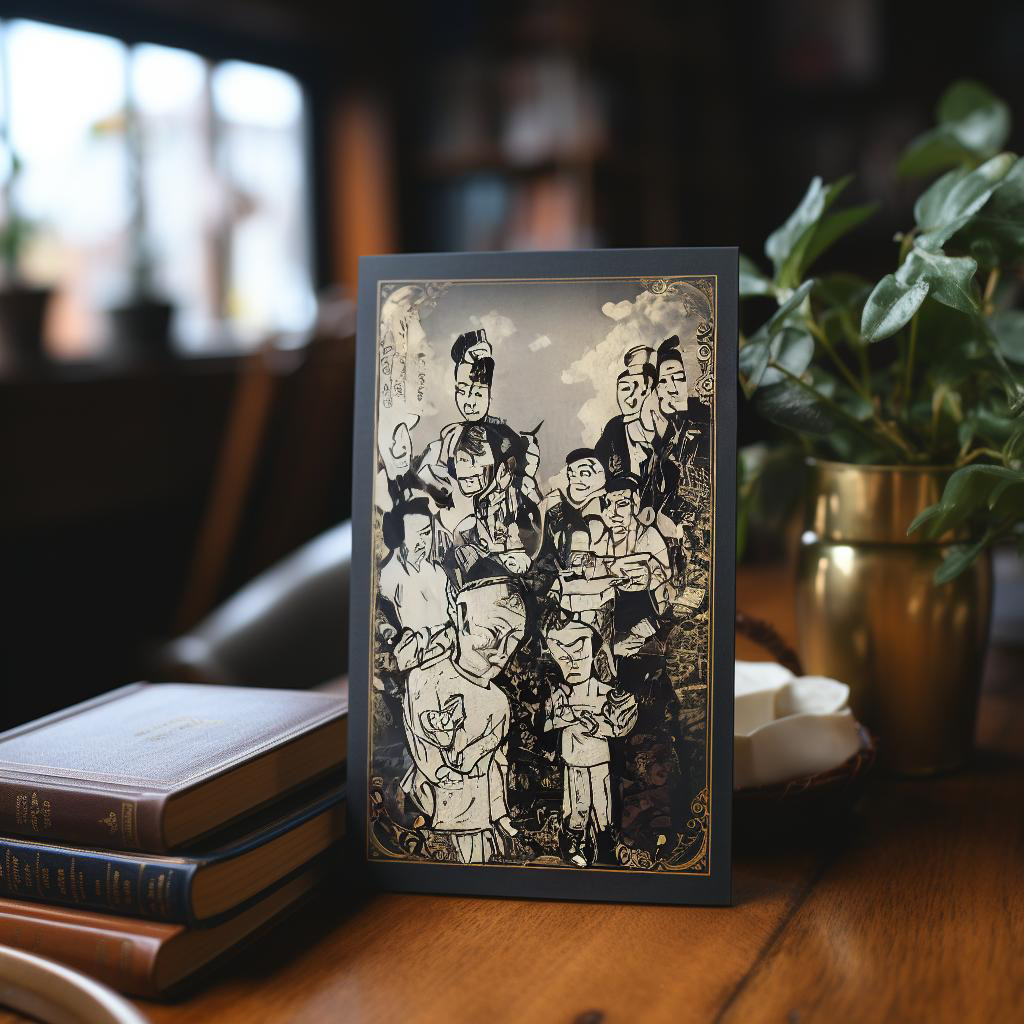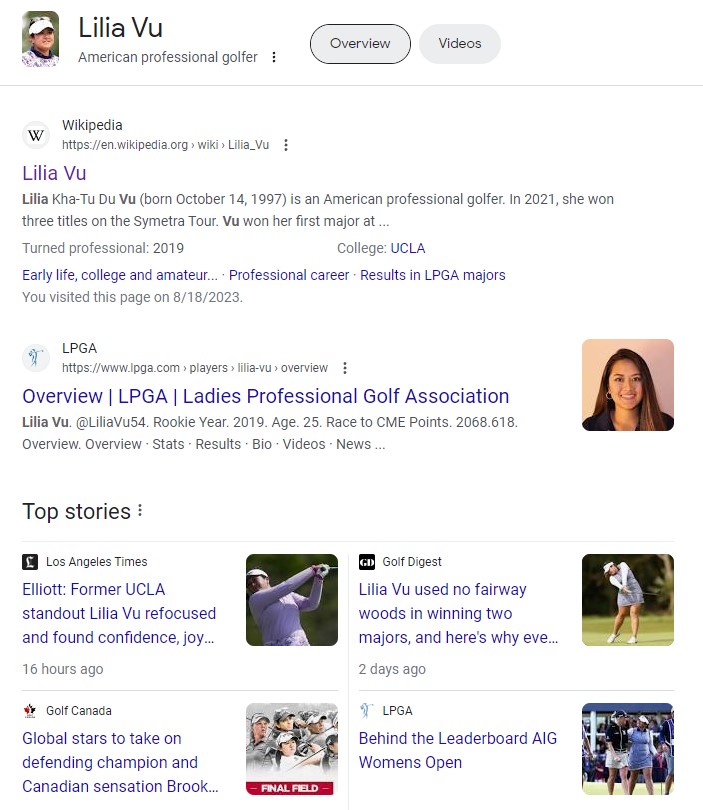In our daily lives, we come across a variety of personalities. From the quiet and introspective to the outgoing and boisterous, we find ourselves interacting with individuals from all walks of life. Among these myriad personalities, there are some who stand out due to their aggressive, angry, or even violent behaviors. They raise their voices, often seem confrontational, and might even resort to illegal actions. But as an insightful quote suggests: “If you see someone who is loud, angry, and tends to be in action toward violent and via illegal actions, understand that they are very insecure inside.”
This profound statement nudges us to look beyond the surface behavior and delve deep into the psyche of such individuals. Instead of immediately passing judgment or reacting with fear, we should aim to understand the root cause of their aggression. The outward manifestation of anger or violence can often be a cry for help or a mask to cover deep-seated feelings of insecurity, inadequacy, or fear. Just as a wounded animal might lash out when approached, these individuals might be acting from a place of pain or trauma.
Insecurities can stem from various sources: childhood traumas, societal pressures, personal failures, or even feelings of not being loved or valued. When individuals don’t have the tools or support system to address these insecurities, they might resort to aggressive behaviors as a way to assert control or protect themselves.
In light of this understanding, what then should be our response? A natural reaction might be to avoid, condemn, or retaliate against such individuals. But, as we delve into religious teachings, particularly the teachings of Jesus Christ, we find a different approach. As mentioned, “as Jesus teaches, if you can pray for those who harm you, you are way blessed.” It is an invitation not just to tolerance, but to empathy and love. It is about seeing the pain behind the aggression and choosing compassion over retaliation.
Praying for those who harm us or challenge us is not about condoning their actions or becoming passive. It is about recognizing the shared humanity and understanding that every individual, regardless of their actions, has a story, and often that story contains pain and hardship. When we pray for these individuals, we not only send out positive energy and intentions but also create a space within ourselves to heal from any harm they might have caused us.
In conclusion, understanding that aggressive and violent behaviors often mask deep-seated insecurities can change our perspective and response to such individuals. Instead of resorting to fear or anger, let’s take a moment to see the pain behind the aggression. And in line with the teachings of Jesus, let’s pray for their well-being and healing. After all, in showing compassion and understanding, we not only uplift others but also enrich our own souls.












